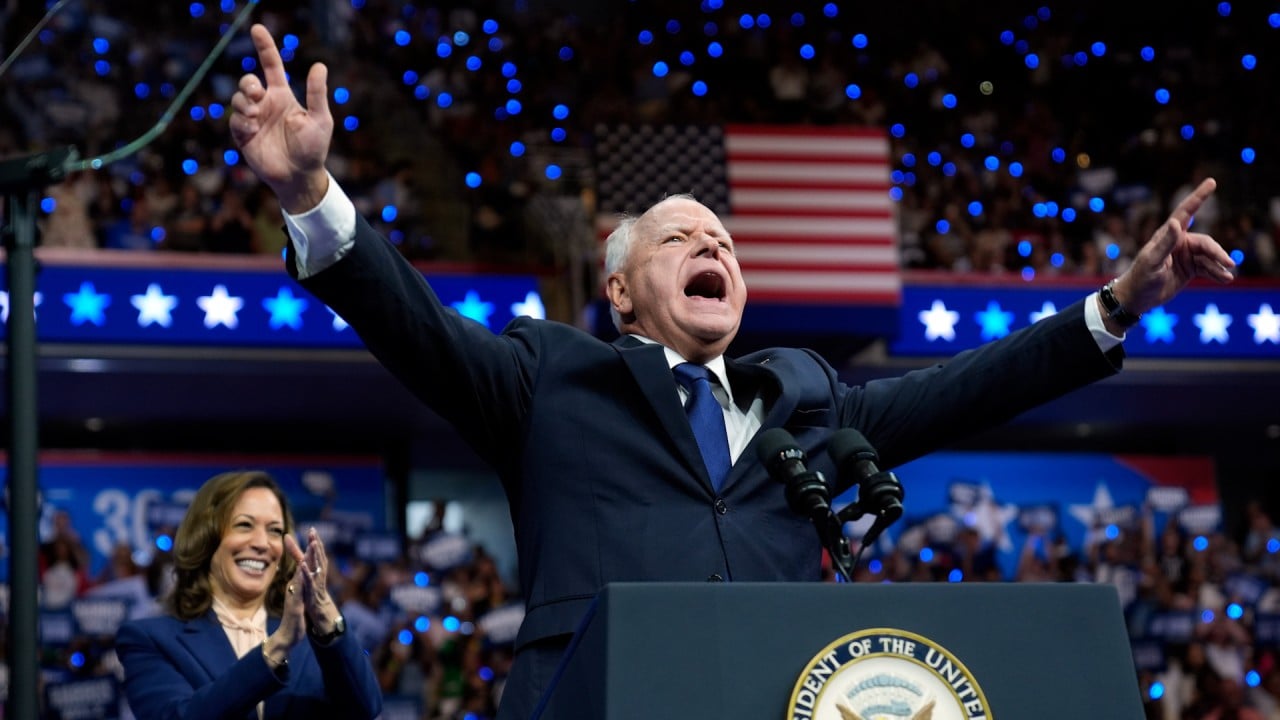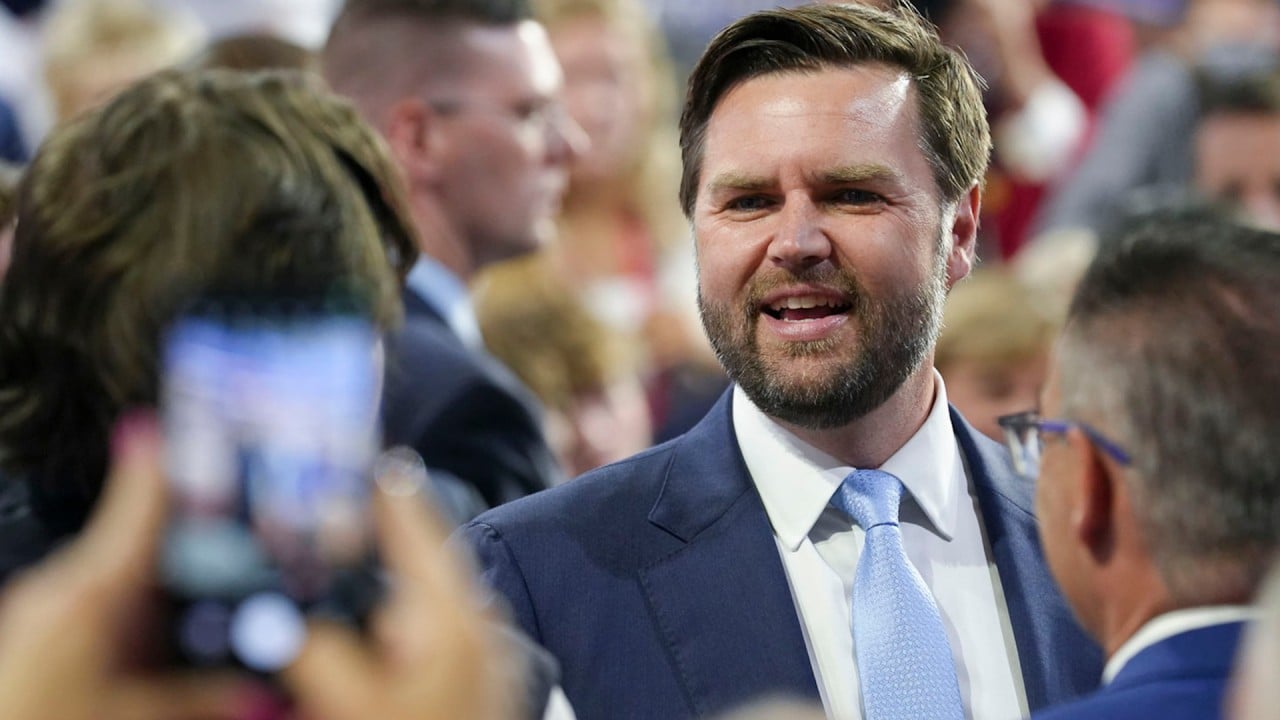Tim Walz’s personal China history not expected to lead to big shift in US policy
She has been closing in on Donald Trump in the polls since President Joe Biden announced he would not seek re-election, and the choice was seen primarily as an effort to win over voters in Midwestern swing states and shore up the “blue wall” in the party’s traditional heartlands.
But Walz’s selection has also shone a spotlight on his extensive personal links to China, raising questions about how that might help shape a potential Harris administration’s approach to Beijing.
“We don’t have information as to whether or not either Mr Walz’s views on US policies toward China or his experiences living in China factored in the selection of him as Vice-President Harris’s running mate,” said Zha Daojiong, a professor of international studies at Peking University. “It would be futile to speculate, too.”
He predicted that concerns about Chinese exports and their impact on US domestic industries are likely to feature heavily in the campaign, while the conflicts in the Middle East and Ukraine are likely to be a more immediate foreign policy concern.
However, Zha said the next administration might “continue the course” adopted by the Trump and Biden administrations towards China.
Walz spent around a year teaching in the southern Chinese province of Guangdong in 1989 and 1990 as part of Harvard University’s WorldTeach programme.
He and his wife later spent their honeymoon in China and until 2003 ran an exchange programme that took students to China every summer. He can still converse in Mandarin, according to the Minneapolis Star Tribune.
Before becoming governor of Minnesota, he served in Congress between 2007 and 2019 and has been critical of China over issues such as human rights.
As a member of the Congressional-Executive Commission on China, he met the Dalai Lama, the exiled Tibetan spiritual leader, and the Hong Kong activist Joshua Wong Chi-fung.
But his connections with China have already seen him targeted by Trump supporters, some of whom have suggested he could be a Communist Party agent.
Diao Daming, a professor specialising in US politics at Renmin University in Beijing, also thought that Walz would adopt a hardline approach during the campaign given the consensus within Washington.
“Whether or not this hard line will become policy if [Walz and Harris] are elected, it’s hard for us to tell,” he said.
Diao said he hoped that Walz’s experience of China would give him a “rational” understanding of the country and that he would push forward positive exchanges if elected.
“But it’s not a certainty,” he said. “Having such China experience does not mean he is necessarily going to be positive or negative towards China.”
Lu Xiang, a US-China relations specialist at the Chinese Academy of Social Sciences, also said that it was “too early” to talk about the potential impact of US election candidates’ personal experiences.
“I don’t think their China policy depends on their past experiences, I think it still depends on the American perception of their own economic status,” he said.
Lu argued that China will not be a major topic in the US presidential race. He said the Democrats had not benefited politically from their stances on Ukraine or the Middle East and the Harris-Walz campaign was likely to focus overwhelmingly on domestic issues.
Zhu Junwei, director of the Centre for American Studies at the Beijing-based think tank Grandview Institution, also said it would be hard for Walz to make any difference on China-US relations if elected.
“However, it would be better if such a person, with rich experience in exchanges with China, took office rather than having someone who knows nothing about China,” she said.

